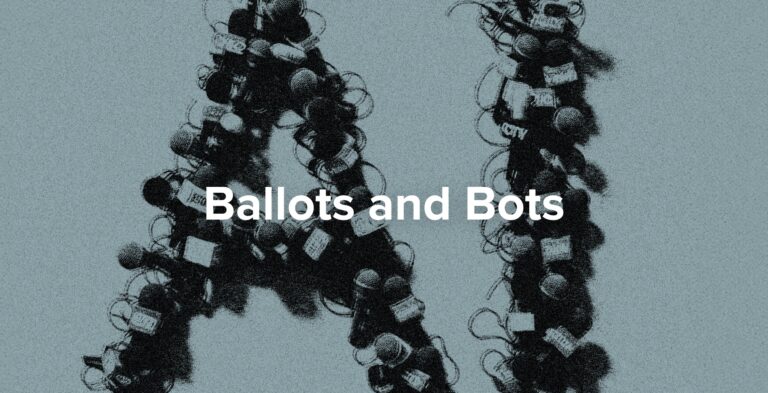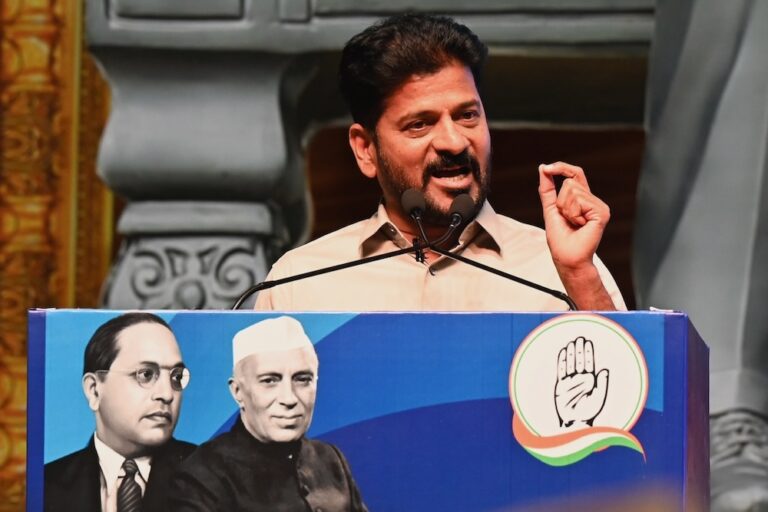Cartoonist Aseem Trivedi and citizen journalist Alok Dixit were forced to end a 10-day hunger strike after their health deteriorated considerably and they were hospitalised.
(RSF/IFEX) – 12 May 2012 – More than a year after they came into force, Reporters Without Borders reiterates its demand for the repeal of India’s information technology regulations, known as the IT Rules 2011, as activists and Internet users rally to the Save Your Voice campaign against these repressive measures.
Two of the movement’s campaigners, the cartoonist Aseem Trivedi and the citizen journalist Alok Dixit, were forced today to end a hunger strike they began on 2 May. Their health had deteriorated considerably and they were hospitalized.
“We have just ended the hunger protest, but not the struggle,” they were quoted as saying. They are demanding the repeal of the IT Rules and support a motion to this effect proposed by Shri. P. Rajeev, a member of the Rajya Sabha, the upper house of the Indian parliament. The motion was due to be discussed on 11 May but was postponed until a later session. The IT Rules 2011 were adopted in April last year as an addition to the 2000 Information Technology Act, which was amended in 2008. They require Internet companies to withdraw any content deemed objectionable, particularly if its nature is “defamatory,” “hateful,” “harmful to minors,” or “infringes copyright” within 36 hours of being notified by the authorities, or face prosecution.
“This has turned technical intermediaries into Web censorship police informants,” Reporters Without Borders said. “Although some content categories are justifiably objectionable, other more vague or subjective definitions could jeopardize informational content.”
The IT Rules also impose on cybercafé owners drastic regulations that violate personal data privacy and place a presumption-of-guilt burden on all Indian netizens.
India was added in March to the list of countries under surveillance in Reporters Without Borders’ latest report on Internet Enemies.


